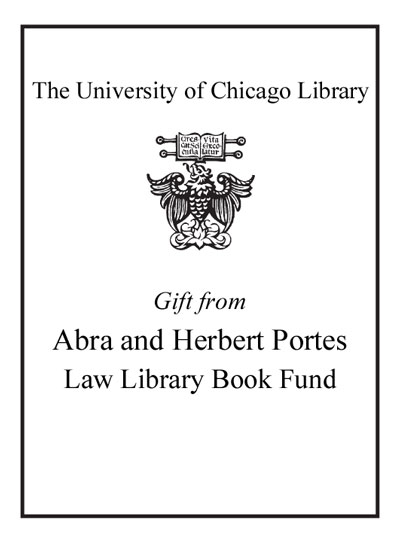Review by Choice Review
Ludi, a researcher on the Independent Commission of Experts Switzerland, examines the idea of reparations from the last years of WW II, when victims of Nazi persecution first articulated demands for large-scale indemnification, and later when demands for compensation for those who experienced harm escalated. Comparative and transnational in focus, her book explains how simultaneous claims for reparations in New York, London, Paris, and Tel Aviv established a new model of political morality. Ludi's major contribution is in interpreting how those in France, Germany, and Switzerland who sought reparations defined their reparations claims and their meaning. She underscores the similarity in their goals and strategies. The quest for reparations became "a new code in dealing with gruesome events of the past and shaping relations between the state, the general public, and individuals in light of that history." Reparations became a "language," a way of articulating the unspeakable. In each case, claimants defined their injuries as wrongs with lasting consequences. States needed to address them with forms of monetary redress. This "specifically Western idea of personhood" at the heart of post-WW II reparations ideology became internationalized in the 1990s and afterward. Summing Up: Recommended. Faculty, professionals. J. D. Smith University of North Carolina at Charlotte
Copyright American Library Association, used with permission.
Review by Choice Review

